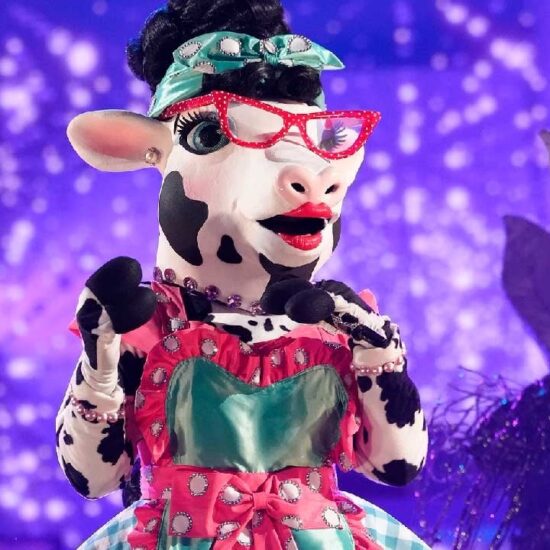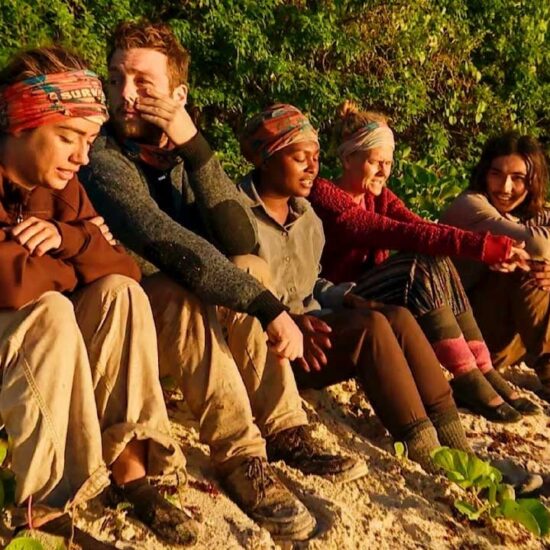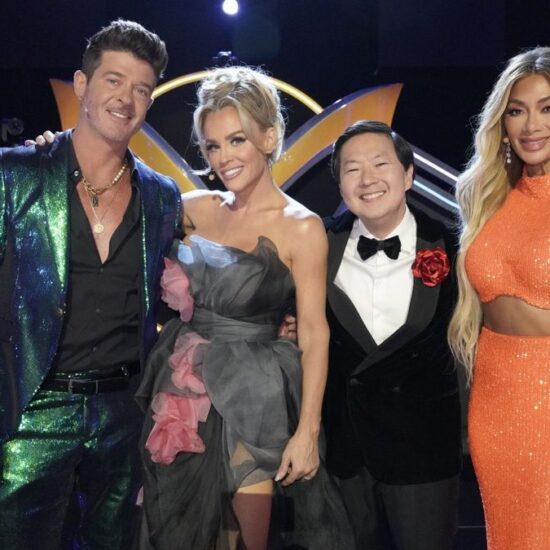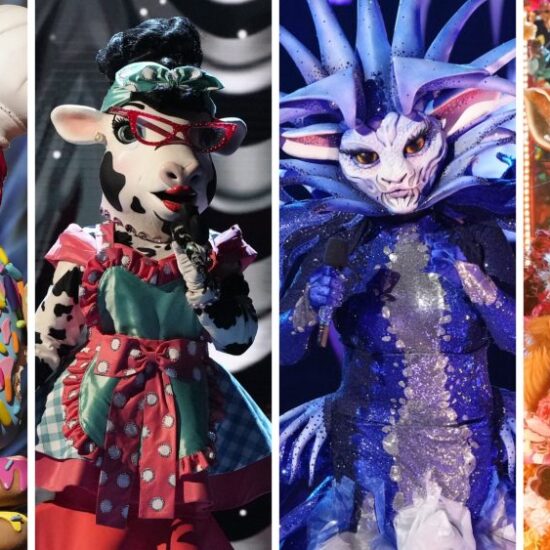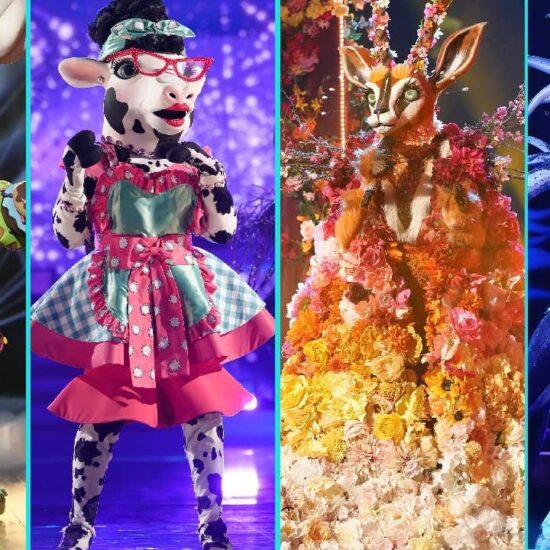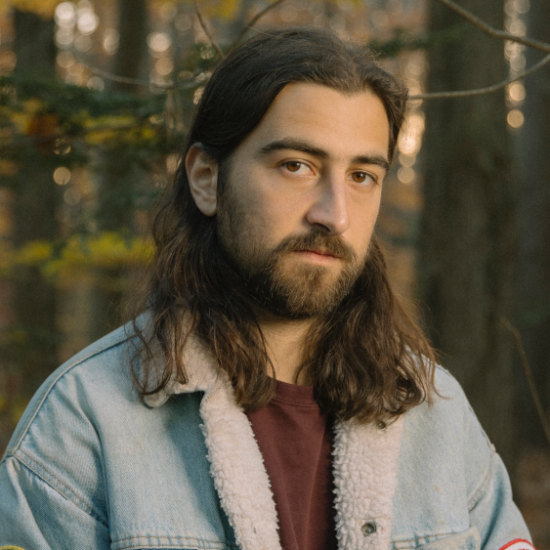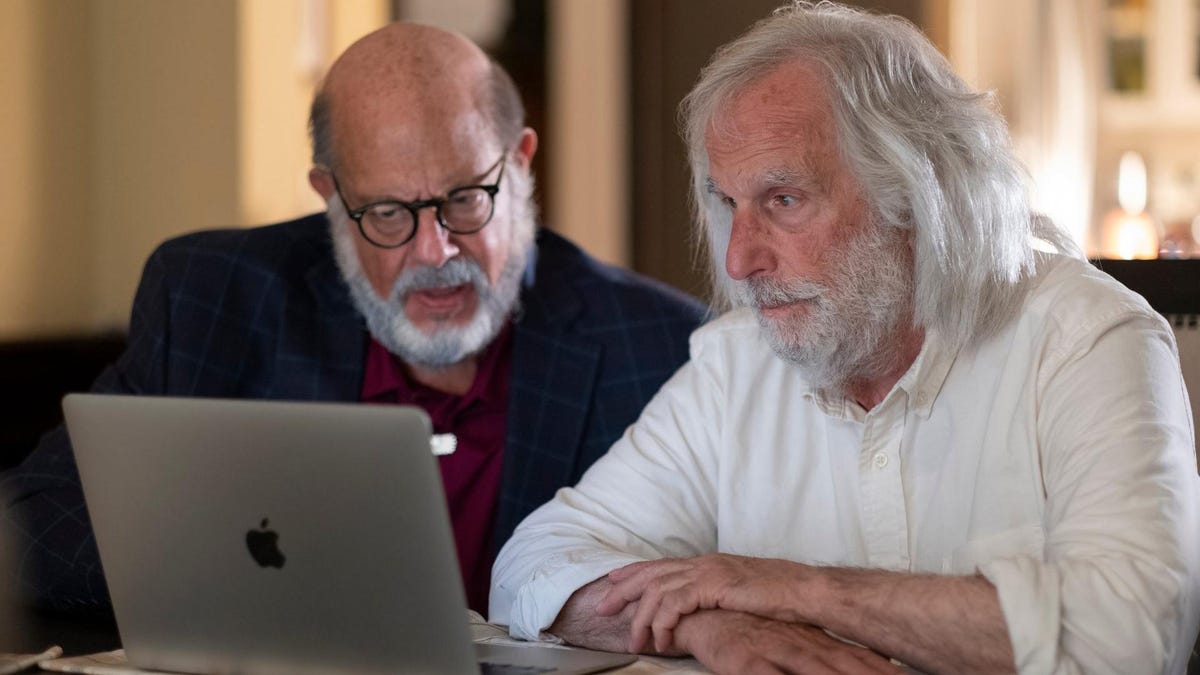
For the first time in weeks, Barry feels like Barry again. Leaning on the comedy more than the drama, despite what the introductory images will have you believe, Barry returns to a relatively more accessible mode in this penultimate installment. And by accessible, we mean we’re presented with bloody-seeping boxes containing the decapitated heads of Four Ultimate Bad Ass Killers (FUBAK) within the first 10 minutes.
Okay, so Barry being a comedy still means a minute-long montage of Barry tearfully bidding farewell to the world he destroyed as he takes one last look at the pastures from hell, purgatory beach, and his son John. Moss is there, too, rattling rusty tools on a steel tray and telling Barry that he’s amputated his arms and legs off, and—following on the harrowing tales of Barry’s fourth season—for at least 30 seconds, we believe it. The show has been so relentlessly unsympathetic toward its characters, so invested in taking this story to that absolute limits; why shouldn’t Barry spend the last two episodes as an amputee? If any show could pull it off, it’s Barry. Thankfully, the show’s comedic sensibilities won out, and it cuts, instead, to a delightful shot of Barry with V.R. goggles on, shifting awkwardly in the chair he’s tied to. The stupid idiot still has his limbs.
“a nice meal” conjures that season one Barry magic, where waiting for the punchline sometimes puts butterflies in your stomach. Acting like he and his cast are doing it for the last time, because they are, Hader gives his principles a chance to shine. Fuches, NoHo Hank, and Cousineau drop the act and return to their core characters, with Anthony Carrigan taking NoHo Hank out for one last spin. Meanwhile Sarah Goldberg, who might be the most underappreciated actor on television, gets one last shot to do the right thing.
Hollywood does weird things to people. The allure of stardom, a brush with immortality, and the chance to work with Daniel Day-Lewis from My Left Foot blend into a green juice of narcissism, and sadly, Gene Cousineau still wants a taste. Despite launching a blog that’s getting some positive comments, Cousineau takes a meeting with an agent (Nate Corrdry), who promises major stars for the “Barry Berkman Story.” The random, too-good-to-be-true phone calls are enough for Cousineau to change his tune from “Warner Bros. is being such a dickhead for attempting to profit off my dead girlfriend” to “this would be a great way to get Janice’s story out there.” Hader and Winkler aren’t keen on redeeming Cousineau. He’s been given an out at every turn, and as soon as someone appeals to his ego, he caves.
It doesn’t take long for Cousineau to crack. All it takes is the right phone call. The same is true for NoHo Hank, who still has Raven’s “NoHo Hourglass” comment on his mind as he stares at his bronze Cristobal, pining for better days. But like Cousineau’s phone call, as soon as his assistant informs him that FUBAK is ready, he switches gears in classically Barry fashion.
As great as the show has been this season, there’s a persistent feeling that the darkness and dread is overtaking the show’s humor. The series has consistently played with both, but as the show wraps up, it found its characters’ breaking points in very upsetting places. So after enduring the Raven’s gauntlet of pain the last few weeks, this handful of scenes of NoHo Hank stepping on rakes was a breath of fresh air. Beginning with his meeting of FUBAK, Carrigan is in the pocket, playing each introduction like a horny manchild opening Christmas presents. But his enthusiasm for FUBAK is matched with the disappointment of receiving their heads in return. (Hank observing the four boxes, with the perfect amount of blood seeping out of the bottom, and declaring, “It’s their heads,” was one of the biggest laughs of the night). Hank pivots, choosing the much simpler plan of blowing up The Raven’s house.
Stephen Root’s The Raven née Fuches also plays the hits in one of those Barry group scenes in which everyone treats murder as the world’s most mundane thing. After dispensing with and decapitating FUBAK, Raven hosts a house meeting between his new family and his new gang to discuss some interpersonal issues arising from the beheadings mentioned above. The way each gangster tosses out suggestions, like taking the ladies out for a nice meal (if timed correctly) or watching Fast & Furious 6, is so casual and seemingly productive, with Raven’s family staring back blankly. Barry has always deployed murder with such a degree of nonchalance, with characters rarely treating the situation with the gravity it deserves. Fuches makes such an empathetic aside when he says, “Me saying it, and you seeing it: two different things?” (which could be applied to Cousineau, too), but he’s not dealing with the thing in front of him. The violence on Barry is a fact of life, and is treated with the everydayness of leaving the toilet seat up.
Barry’s casual usage of therapy language reflects a culture more attuned to that verbiage and television’s obsession with it. It inverts how Tony processes therapy on The Sopranos. When Tony tells Silvio about his anxiety, it shows weakness and ignorance. He never totally understands the sessions and struggles to implement Dr. Melfi’s lessons—mostly because following her advice would mean stop being a mob boss. But for the gangsters on Barry, showing vulnerability is a strength. These guys have a more expansive vocabulary—some are probably in therapy themselves—but it’s the same result as Tony. They’re still cutting off poor Todd’s head. Nevertheless, saying it and seeing it are two different things, and Raven’s family will need to see change rather than just hearing about it.
After name-checking Wile E. Coyote a few scenes earlier, Hank pays the reference off in the episode’s centerpiece. Perched from a cliffside facing Raven’s nest, Hank fires a missle at the compound and whiffs in spectacular fashion, lamenting at only bringing one missile (they were worried about the budget). The ordeal ends in a symphony of Looney Tunes slapstick, with Hader’s camera panning through a perfect unbroken take of Hank’s car careening down the mountain pass as Raven’s flock of blood artists fire at their canvas. While dancing away to avoid gunfire, Hank calls Raven, begs for a ceasfire, and tumbles off the side of a mountain, staying on the line the whole way down. This episode was filled with NoHo nonsense™—as if they were saving the best for last.
As Raven and Hank talk terms, the Last Temptation of Gene Cousineau plays out in the park. Denying himself one last chance at redemption by picking poor Sally up from the airport, Cousineau grabs his loveliest umbrella and meets an agent. In any situation, Cousineau can be counted on to act selfishly, so when he hears of Mark Wahlberg’s interest, he folds immediately, going out of his way to vouch for Barry if it means getting Wahlberg. “We have one problem with Mark, though,” the agent says. “He doesn’t want to play a cop killer, and seeing as this Berkman guy killed your girlfriend, that’s a no-go.” “Look, Barry is a very complicated guy,” Gene says. “But a sympathetic soul. He loves my character so much, it made him do stupid things, like killing my girlfriend[…]He was so desperate to have a father figure.” Even with the agent’s reminder of her murder and the verbal confirmation from himself, Cousineau is willing to sell out Janice for another chance at fame or respect or whatever. Of course, all of it is fake. The agent was a honeypot sent by Moss to find out why Barry gave him $250,000 because of Moss’ position. The way Moss sees it: Janice found the drug money in Cousineau’s theater, and he paid Barry to kill her because she was on to him. Hollywood does weird things to people.
Seeing as Cousineau was busy waving bye-bye to his integrity, he left Sally exposed outside his house. As she pounds on his front door and edges on another mental breakdown, she spots a cop and briefly considers turning herself in. What other choice does she have? Barry is bleeding out in Moss’ kitchen after he cut himself during a way-too-easy escape. However, just before she surrenders, she sees Shane, the guy she killed, and his bleeding eyeball. Whether it’s active guilt or some unprocessed trauma that gives her pause, telling the cop would make the killing real, and her sudden realization of responsibility for his death causes her to falter. As she turns to John, a group of bald Chechens leads him into a black SUV. In the episode’s closing minutes, Barry, who once again was pretty much missing from the whole episode, gets his final mission: rescue Sally—and maybe exonerate Gene Cousineau?
Without seeing the final episode, it’s impossible to say how much of this classic Barry tone will make it to the finale. But, considering all the ravens coming home to roost, it does feel like we’re heading toward a gutting (in more ways than one) finale. So amid all the plate stacking of “a nice meal,” it lives up to its name. As the gangster suggested, the episode feels like we’re getting a welcome diversion from the pain and misery, like we were taken for a nice meal while four dudes had their heads cut off. For a show that’s never cared much what the audience thinks of it, “a nice meal” plays to the rafters, giving us one last reminder that Barry is a comedy.
Stray observations
- Henry Winkler’s dismissive “yeah” after Tom’s “you’re showing them to the be whores that they are.” Melamed and Winkler were put on this Earth to be scene partners.
- There were several beautifully blocked scenes in this episode, including Cousineau’s conversation in the park with the agent, Hank surveying the heads, and the confrontation in the hotel room. It’s clean work that balances the humor and horror gently, never pushing you too far one way or the other. The camera’s distance gives it an objective, non-judgemental viewpoint, which really pays off in the distance in that fantastic NoHo Hank one-shot. The camera barely moves, never zooms, and captures this hilarious wide shot where Hank can jump out of the car and fall off a mountain, and we can hear every “oh” and “ow” and “ee” on the way down. It is undeniably stylish and never knocks you over the head with its style.
- “Hey, don’t downplay your accomplishments, that’s still a shitload of coups, Todd.”
- Cousineau’s umbrella (on a sunny Los Angeles day no less) is another example of this show’s strength: accessorizing.
- “Are you telling that Daniel can’t get a movie made?” Hollywood, eight years from now, is somehow even more depressing than it is today.
- I love how Winkler raises his hand after he says, “Daniel will know exactly what to do with my character.” He’s going to be hands-off with this.
- Why did it seem so easy for Barry to escape Moss’ garage? I assumed it would be like when Ramsay Bolton kept letting Theon Grayjoy loose on Game Of Thrones, but then Barry passed out. Was Moss really over Barry as soon as the $250,000 came into the picture?
- It’s so easy to forget that Hank and Sally have never met. Both play the scene beautifully, with Carrigan in awe of this woman, who has no clue who he is. It must be disappointing for Goldberg to go four seasons without a scene opposite fun NoHo Hank.
- I’ve always wondered if Sally actively knows she killed Shane. While she was in shock, Barry yelled, “I did this” at her until she repeated it. The way that plays out, it seems like it works and that Barry has done something like that before. So I wonder whether her seeing Shane is active repression or guilt. Anyway, maybe they’ll answer that in the final episode.
- Who knows how long it’s been since Sally’s last vision of Shane?









